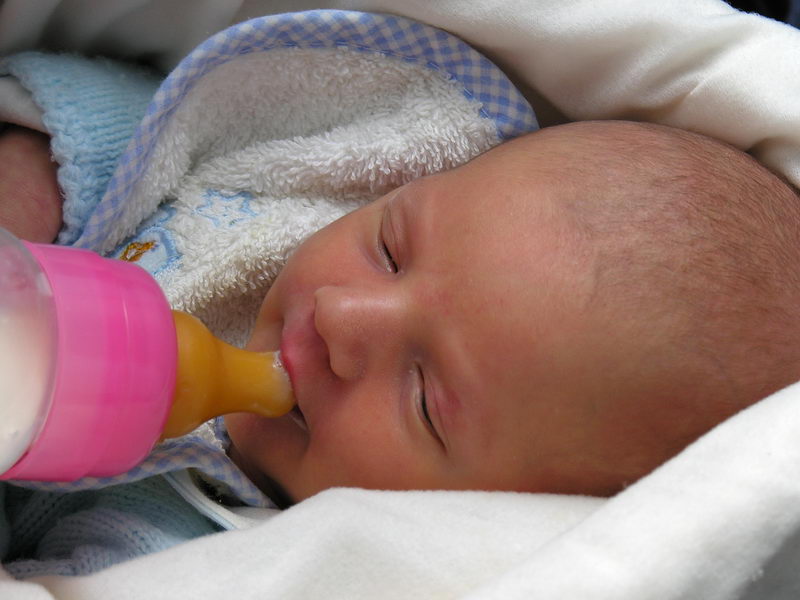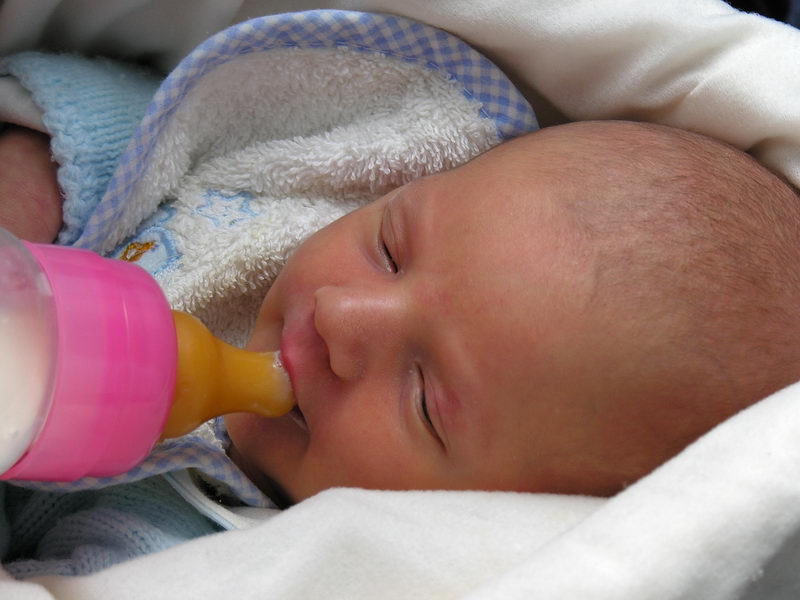Using the common prenatal diagnostic method amniocentesis, researchers at California-based DNA sequencing company Complete Genomics have developed a new way to perform whole-genome sequencing on an unborn fetus. This is a first in the field of prenatal diagnostics and the technique has the potential to improve diagnosis of genetic diseases during pregnancy so that they can be better managed once the child is born.
“We suggest the methods we have described here should be considered as an additional analysis that can augment current karyotyping data,” said Dr. Brock A. Peters, of Complete Genomics in San Jose, California, and senior author on the paper published in the journal Clinical Chemistry. “This type of additional information has the potential to identify many of the causes of serious birth defects that are currently missed. Finally, we believe a high-quality genome should be considered an investment in the child’s future, and having this information before the child’s birth can be enormously beneficial should any medical emergencies arise.”
Amniocentesis is often used to detect chromosomal abnormalities and common genetic diseases in the fetus during pregnancy. While not recommended to all women due to the small risk of miscarriage, it can be particularly informative when a women has a family history of birth defects or has had abnormal results on other prenatal tests.
RELATED: Qiagen to Develop Prenatal Diagnostics in Partnership with Natera
Fetal cells isolated from the amniotic fluid are analyzed using a variety of targeted and more general genetic testing methods, including fluorescent in situ hybridization (FISH) and microarray. While common chromosomal and genetic abnormalities like Down syndrome and cystic fibrosis can be detected through traditional amniocentesis, it does not detect a wide range of genetic mutations presenting an incomplete picture of a fetus’ genetic health.
In comparison, the method developed by the team at Compete Genomics can identify disease-causing mutations present in the entire genome of the fetus. The researchers paired amniocentesis with whole-genome sequencing to analyze up to 97 percent of fetal DNA.
In validating the new technique, the researchers collected amniotic fluid from 31 pregnant women, along with blood samples from both parents for comparison. Instead of using traditional FISH or microarray analysis, whole-genome sequencing was used to analyze the fetal DNA samples.
They found that the fetal whole-genome sequencing method was able to identify nearly every genetic mutation identified in the parents’ genomes. They also found that both fetal DNA isolated from fetal cells and the amniotic fluid itself were both of similar quality, suggesting that amniotic fluid leftover from other forms of analysis could easily be used to perform whole-genome sequencing.










Join or login to leave a comment
JOIN LOGIN